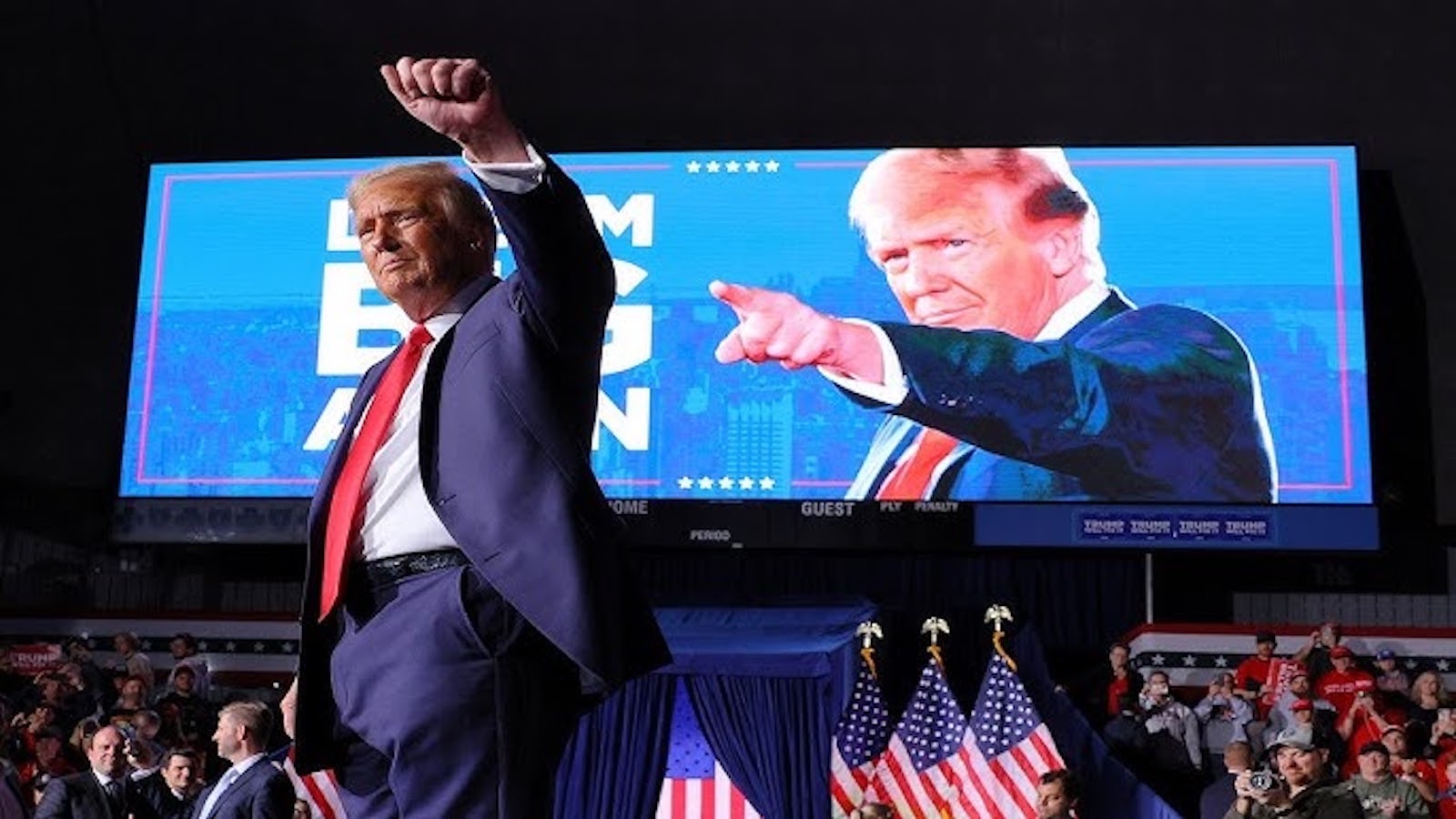
What You Need to Know About Ajit Pai’s Plan to Overhaul Net Neutrality Rules
As FCC Commissioner Ajit Pai prepares to roll back the regulations that treat the internet like a public utility, including net neutrality provisions, many tech companies are protesting and claiming that Pai is compromising a free and open internet.
Let’s get one thing clear right off the bat: we all want a free and open internet. There is no serious argument on either side of the aisle for the internet to be closed off, censored, or otherwise made less free. Anyone who says otherwise is being disingenuous in an effort to score political points. Where the disagreement lies is in how to achieve this common goal.
Proponents of net neutrality believe that without regulations, internet service provider will favor rich and powerful content providers, creating an “internet fast lane” for those with the ability to pay. It also means slowing down and even blocking content from the proverbial “little guy.” Advocates think the profit motive will transform the internet into a playground for giant companies with no room for competition by startups or individual content producers, and that this compromises the free and democratic nature of mass information sharing.
These concerns are not unreasonable. They are, however, misguided even though they are certainly well-intentioned, Net neutrality will not have the effects its advocates hope. Instead, it will create a regulatory structure that is able to be gamed and manipulated by corporate cronies in cooperation with the government, one that actually penalizes small content producers in hidden ways.
Net neutrality works by requiring internet service providers to treat all information equally. The logic is that a bit is a bit, and that therefore ISPs shouldn’t be able to charge more for some bits than for others, refuse to transmit certain bits, or slow down the speed at which certain bits are transferred.
But the truth is that while all bits may be technically the same in isolation, the context in which this information occurs matters. For example, some providers like Netflix and YouTube transfer so much data that it can put a strain on network infrastructure. When that happens, ISPs can respond by allocating more bandwidth to those sites by charging the sites more for the increased usage, or by simply allowing the content to chug along slowly and inefficiently. Net neutrality limits flexibility in dealing with these content hogs. It’s not about creating an “internet fast lane”; it’s about making sites that consume massive amounts of resources pay for the bandwidth reallocation that has to take place.
The alternative is that ISPs have to charge everyone more for bandwidth in order to support the data consumption of the big sites. This means that, contrary to claims that net neutrality benefits small sites, those who consume small amounts of bandwidth are effectively subsidizing the larger sites in the form of higher rates.
Net neutrality also hinders choice and competition by preventing different ISPs from offering differing levels of service. For example, about a year after the net neutrality rules went into effect, two companies ran afoul of the regulations with “illegal” business models. These were providers that catered to a Christian audience by allowing limited access to the internet in order to screen out content like pornography, which their customers didn’t want. There’s no reason why a company shouldn’t be able to adapt to the needs of its customers in this way, perhaps charging them a lower rate for the more limited access. Net neutrality rules, however, make this kind of product differentiation illegal, requiring that all ISPs be effectively identical.
The Internet Association is claiming that the tech industry is “uniform” in its support for net neutrality, but this is not strictly true. Netflix, which initially supported the regulations, expressed regret when they saw what the final rules looked like, saying that they would have preferred an unregulated solution.
An unregulated solution is exactly what Commissioner Pai wants to achieve. Calling the current regulatory scheme a mistake, he wants to eliminate the rule, which reclassifies the internet as a public utility akin to electricity and water, and replace it with a system of voluntary compliance by ISPs, meaning that companies would agree to uphold the principles of net neutrality, albeit without any legal enforcement.
Without conceding the point that net neutrality principles are automatically a good thing, this would be a desirable solution for conservatives, and should keep most on the Left happy as well. A voluntary system would allow customers to decide what’s important to them, punishing offending ISPs by withholding their business. If companies violate net neutrality principles, it will either be for a good reason, or because customers don’t care. Of course, if we had an actual free market in ISPs — rather than the artificial oligopoly created by government — none of this would be a problem in the first place.
This article originally appeared on Conservative Review.
Free the People publishes opinion-based articles from contributing writers. The opinions and ideas expressed do not always reflect the opinions and ideas that Free the People endorses. We believe in free speech, and in providing a platform for open dialogue. Feel free to leave a comment.



